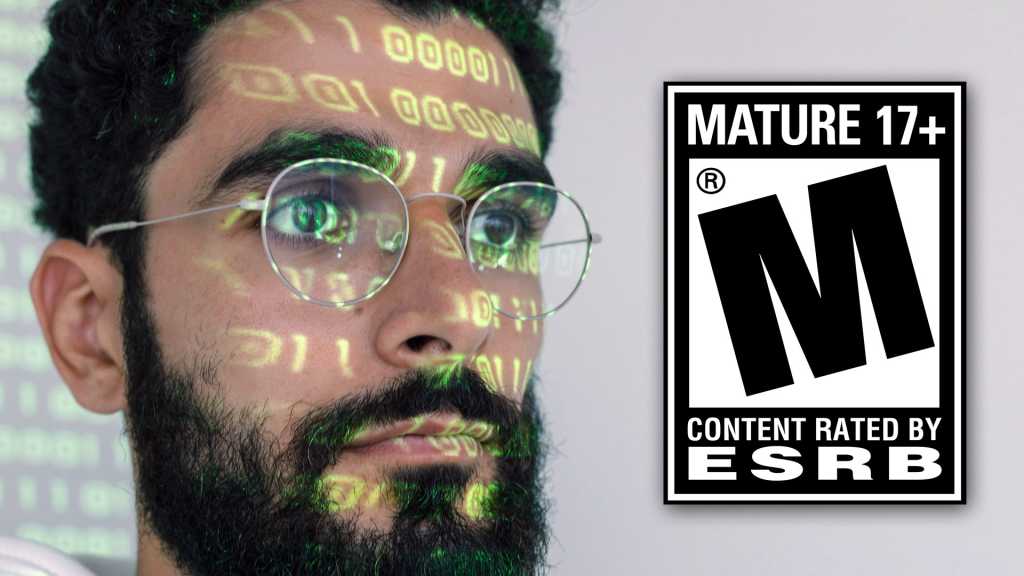The Entertainment Software Rating Board, better known as the ESRB, is the self-regulating body for video games in the United States. It’s the organization responsible for those E, T, and M ratings you see on video game boxes. Apparently the Board is preparing to not only rate games to inform parents about their content, but enforce who plays them directly. A new proposal to the FTC will actually scan players’ faces and determine via software how old they are, keeping “M for Mature” and “Adults Only” games out of the hands (or at least the controllers) of minors.
The 24-page proposal is being made in cooperation with SuperAwesome, a software subsidiary of ESRB member Epic Games, along with Yoti, a firm that specialized in age verification. According to a report from GamesIndustry.biz, the proposed system would ask the user to take a photo of their face (presumably either with a device’s built-in camera, like a phone or webcam, or upload one via an app), check for a live human presence, and then submit the photo for “estimation” of age.
Why put in such a complex system, when the E-M rating is supposed to inform parents’ game-buying decisions already? The document says that the system is being built to comply with the Children’s Online Privacy Protection (COPPA) rule put in place by the FTC. But that rule was implemented way back in 1998 — it’s the reason most online services require you to affirm your age, checking whether you’re at least 13 before using it. While it’s legal for some services (notably lacking any adult content) to be marketed to children 13 years old or younger, they have much stricter rules on what can be offered, what data can be collected, and have to affirmatively collect parental consent.
The ESRB proposal says that the risk is “easily outweighed” by the benefits. What risk? That’s covered by another portion of the document: “Images are immediately, permanently deleted, and not used by Yoti for training purposes.” Something tells me that parents and privacy groups are going to have an issue with a system that takes thousands or millions of pictures of children’s faces, no matter how many platitudes are offered. We’ll see whether the FTC will have the same objections.

